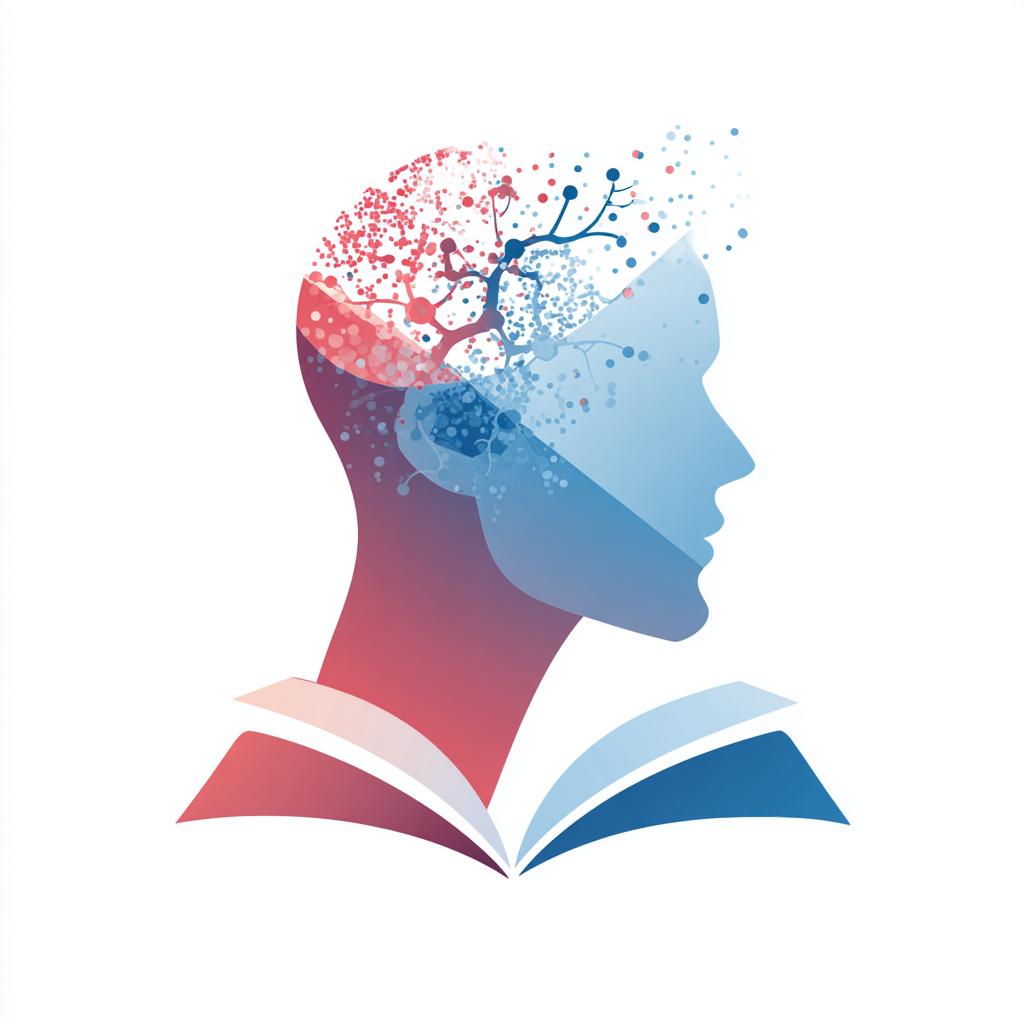
Artificial intelligence is revolutionizing therapy and rehabilitation, and the latest breakthrough—ChatGPT 5—exemplifies this transformation. OpenAI’s newest AI assistant introduces groundbreaking features designed to empower therapists, special educators, and rehabilitation professionals like never before. Here’s a professional overview of the most compelling capabilities of ChatGPT 5 and their practical significance for speech-language pathologists (SLPs), occupational therapists (OTs), physical therapists (PTs), psychologists, psychomotor therapists, and special educators.
The Striking Features of ChatGPT 5
1. Smarter, Faster, and More Accurate AI
ChatGPT 5 delivers faster responses with enhanced accuracy, significantly reducing “hallucinations” (inaccurate or fabricated information). In settings where precision builds trust, such as clinical and therapeutic environments, this improved reliability is critical. Furthermore, the introduction of “safe completions” means sensitive topics are addressed carefully, enhancing ethical and practical responsiveness.
2. Adaptive Reasoning with Auto-Switching Modes
Users benefit from seamless transitions between a conversational “Chat” mode and a sophisticated “Thinking” mode. This dual functionality enables therapists to shift effortlessly from routine administrative queries to complex problem-solving or scientific reasoning without manual adjustments, enhancing workflow efficiency.
3. Natural and Expressive Voice Capabilities
Recognizing that therapy is a deeply human connection, ChatGPT 5 supports expressive, emotionally responsive voice interactions. This feature is especially valuable for therapists working with clients who have communication challenges, facilitating more engaging and authentic conversations.
4. Customizable AI Personalities
Therapists can tailor the chatbot’s personality to suit the session’s purpose or client style, choosing from options such as Listener (warm and supportive), Nerd (detailed and inquisitive), Cynic (witty and direct), or Robot (concise and efficient). This customization fosters motivation and enhances the therapeutic alliance.
5. Integration with Everyday Tools
By linking with Gmail and Google Calendar, ChatGPT 5 automates scheduling, email summarization, and reminders, enabling therapists to prioritize patient care and creative planning over administrative tasks.
6. Personalized Visual Enhancements
Customization options for chat colors and styles enrich user experience, vital in environments like pediatric and special education settings where visual engagement aids learning and therapy.
Practical Impact on Therapy and Rehabilitation
ChatGPT 5 opens powerful new avenues for therapeutic innovation:
- SLPs can rapidly generate tailored language and speech exercises, adapting in real-time to client progress and resource availability.
- OTs gain AI-driven cognitive and physical activity designs, simulating everyday tasks that facilitate client independence.
- PTs receive clear, bespoke exercise plans and patient educational materials that support recovery and understanding.
- Psychologists and Special Educators access AI-supported tools for social skills training, executive functioning, and behavior strategies integrated into interactive sessions.
- Psychomotor Therapists can explore AI-suggested sensory-motor activities and games that foster coordination and motor skills development.
The multimodal capabilities of ChatGPT 5—including image recognition and voice—ensure therapy remains dynamic and accessible for clients facing communication barriers or cognitive challenges. Its ability to recall user preferences strengthens continuity and client-therapist rapport across sessions.
Efficiency and Ethical Considerations
ChatGPT 5 substantially reduces the administrative burden by automating documentation, goal-setting, and routine communication, freeing therapists to focus on clinical judgment and empathetic care. Nevertheless, ethical vigilance is paramount: professionals must protect client confidentiality, avoid over-reliance on AI, and use these tools as supplements—not substitutes—for human expertise.
Conclusion: Towards Happier, Healthier Brains
More than just an advanced chatbot, ChatGPT 5 represents a collaborative partner for therapists and educators, offering speed, adaptability, and creative support to elevate care quality and client engagement. Its potential aligns seamlessly with the mission of Happy Brain Training: empowering professionals with cutting-edge technology to foster healthier, happier brains.
As AI evolves, therapists embracing tools like ChatGPT 5 will be at the forefront of innovation, transforming therapy and rehabilitation and positively impacting lives—one brain at a time.
